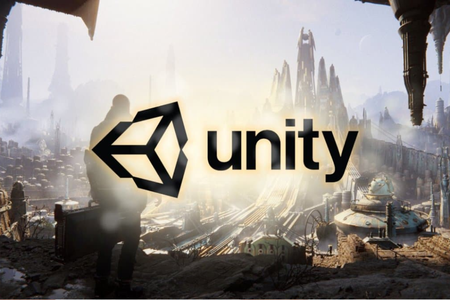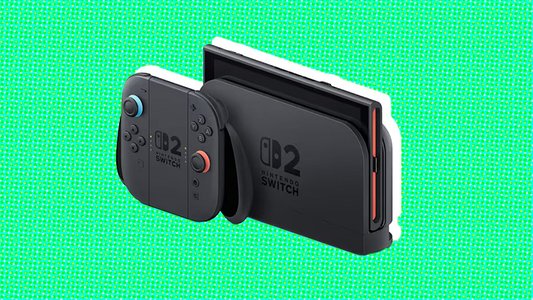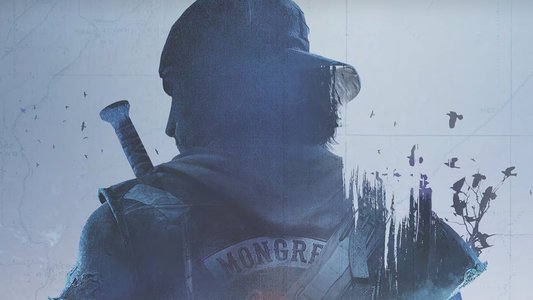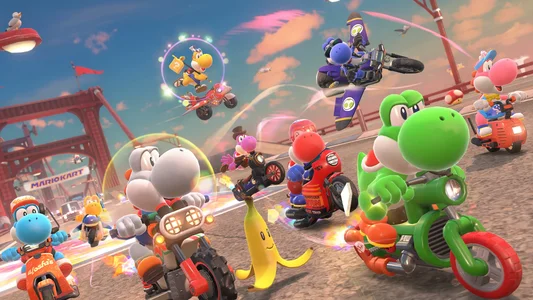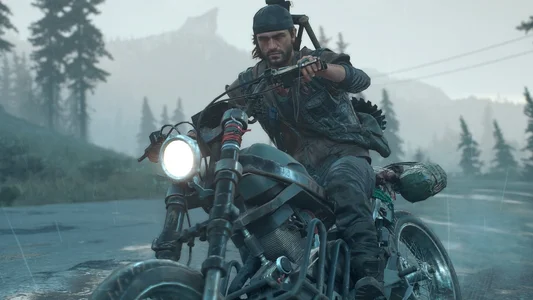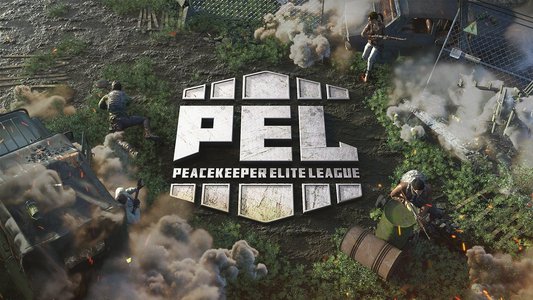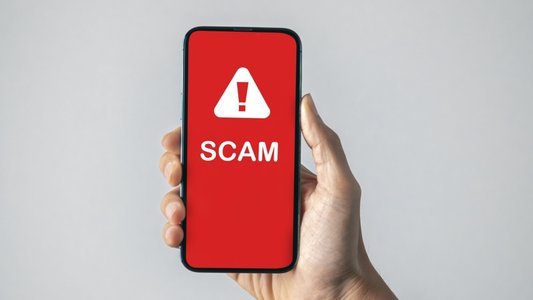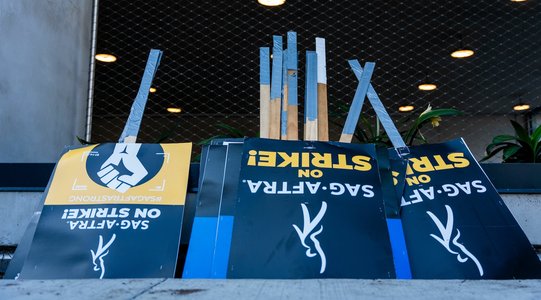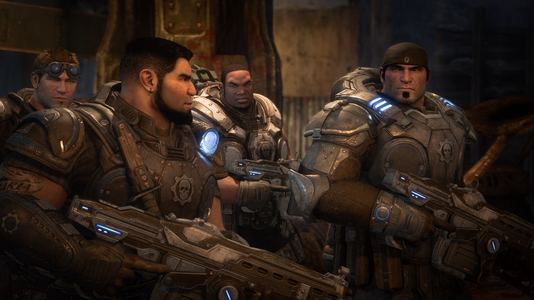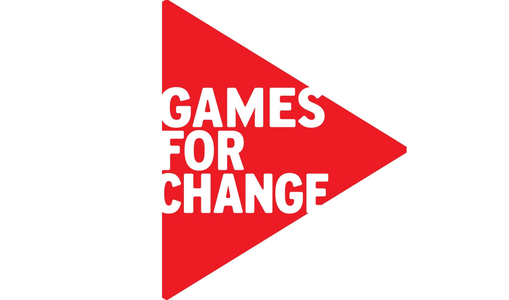"We aren’t making a pile of money off the physical runs but rather we are keeping the legacy of gaming and game collecting alive and well."
-Special Reserve Games CEO Jeff Smith shares his experience with mandated ESRB ratings
The Entertainment Software Ratings Board and Sony have handed down a mandate that, according to some small publishers, puts the recent trend of giving some indie games physical releases at risk.
Kotaku took the time to talk to several publishers that have given previously digital-only video games physical releases in the past to see how the new rule will affect that practice. While not all publishers are against it, the additional costs make physical indie releases significantly more difficult, if not impossible for some.
The new rule itself requires games to obtain an ESRB rating before being published on Sony platforms. Previously, only games seeking a retail release had to receive an ESRB rating.
While digital games can be rated for free through the board's short form process, any title seeking a physical launch is now required to go through the long form rating process before being cleared for release. That means devs are required to pay a fee and submit details about the content of the game both through an online questionnaire and a physical DVD capturing "all pertinent content" for ESRB review.
The mandate introduces a "value tier" option for games with a development budget under $1 million submitted for long form rating within 90 days of being rated as a digital title, but even then the retail release rating will still set publishers back $3,000.
One publisher, Special Reserve Games, has already had to cancel a planned physical release of the game Ruiner because the rating mandate tipped production costs out of the acceptable range. In the case of Ruiner, which was already in production when the mandate was passed, Special Reserve Games tells Kotaku the cost of goods sold would've risen by 35 percent for a small batch run.
Likewise, Limited Run Games co-founder Josh Fairhurst notes that the per unit costs for an indie dev releasing only a small amount of physical copies could see production costs nearly double.
“A lot of the developers we work with have created really obscure and small titles, many which may have sold pretty poorly digitally,” Fairhurst told Kotaku. “That money we’re paying the ESRB [now] could have kept our partners fed for several months while they created their next game.”
For a more comprehensive look at the potential effect the new ESRB requirement could have on both indie games and digital-only triple-A games seeking a limited physical release, head over to Kotaku to read the full story and find the complete comments from both the ESRB and affected publishers like Iam8bit, Limited Run Games, and Special Reserve Games.
No tags.









